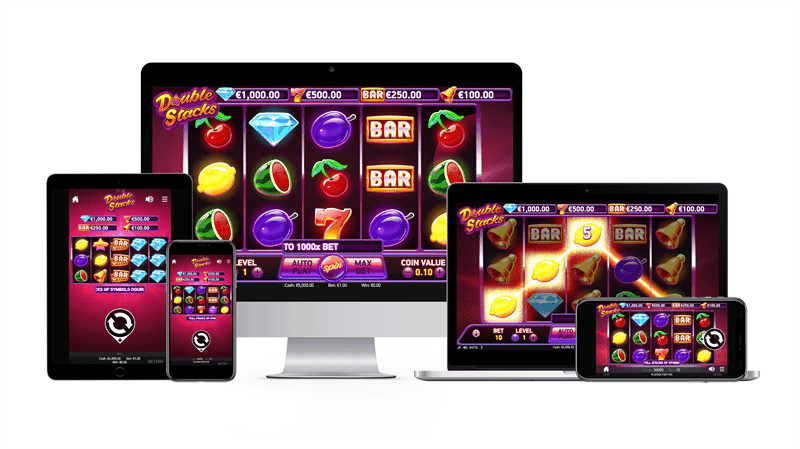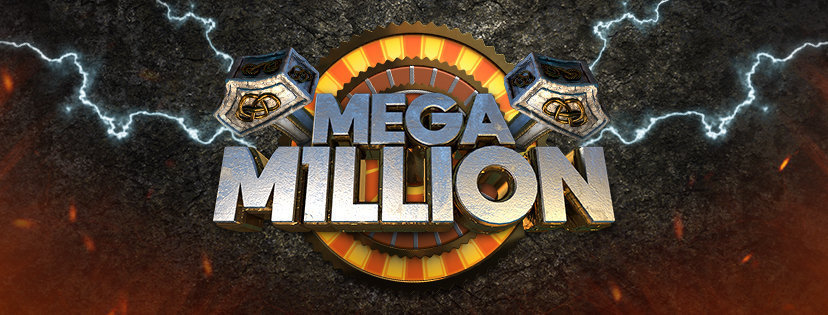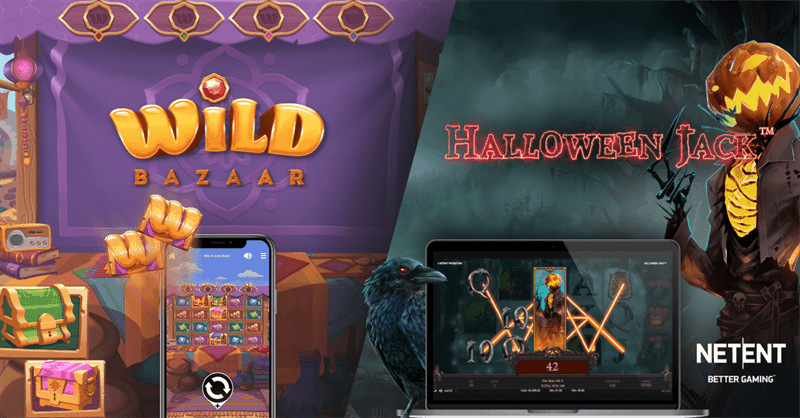Poker Terms & Definitions Explained
- 10 Oct 2019
- Rob
- 0
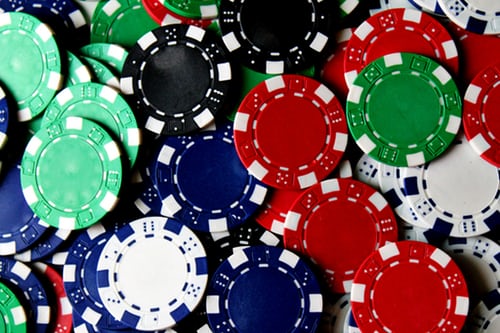
The world of slots and casino games can get pretty confusing. There is a myriad of mechanics, rules and bonuses to consider, regardless of if you’re playing on the reels or a table option. However, it can get even more ridiculous when you add the unique terminology gamblers use to the mix. It’s almost like a completely different language, with the colloquialisms used sounding like gibberish to the uninitiated. For that reason, RTP has crafted the following guide to poker terms and definitions. So, if you’re lacking the lingo, read on and you’ll be talking the talk in no time.
Poker: From A-Z
All-In
Let’s start with the obvious, shall we? Going ‘All-in’ means that a player stakes the entirety of his or her chips into the pot and cannot partake in any betting above that value. If a player does this, they will only be eligible to win the main pot and a side pot will be made for the rest.
Ante
This is another betting-related term and occurs before the hand has been dealt. It is a forced bet and won’t contain much value, so it is very much meant to kickstart the game. You may have heard this term used in the phrase ‘up the ante’, which is used to signify an increase in risk.
Back Door
Also known as a ‘runner’, to get this you will have to catch the turn and river card to form a drawing hand.
Bad Beat
This term is used to describe the situation when a very weak hand manages to beat a much stronger one. Typically speaking, this is reserved for scenarios that seemed so dire, a win would be inconceivable. If you’re new to the game and haven’t experienced this yet, don’t worry, as this happens to everyone at some point in poker, for better or worse!
Blinds
These are the forced bets taken by two players immediately to the left of the dealer and are referred to as the big and small blinds.
Bluff
This is one that we suspect you might know even if you’ve never picked up a playing card in your life. In the context of poker, this happens when you take a bet with a weak hand, anticipating that your opponent folds leaving you to the winnings.
Calling Station
Now we get to the first insult in our glossary. It is reserved for those who call too often, which can sometimes lead to landing unlikely winning hands. If you get called this, it’s probably because you’ve annoyed someone you’re playing against.
Cards Speak
This is an easy to understand concept. The players simply turn their cards around and let each other see the value of the cards instead of declaring it; i.e the cards ‘speak’ for themselves.
Check raise
If you check on your turn, wait for someone else to go then raise that bet, you will have made a check raise.
Donkey
No surprises here, a donkey is someone who is very bad at poker, to the point that they’re wasting their money. Other animals are applicable.
Double Belly Buster
This type of hand is comprised of two inside straight draws and features the same amount of outs as an open-ended straight draw, but is a much rarer occurrence.
Draw Dead
Pretty much the worst-case scenario, this is a hand which will result in a loss no matter what cards you draw. If you hear these words, prepare to lose a few chips.
Flop
This is a part of the game that takes place after the first round of betting where three board cards will be dealt.
Heads Up
A match where you play against a sole opponent.
Implied Odds
This is something new players probably won’t be able to do for quite a while. The notion of odds in poker shouldn’t surprise you but implied odds work a little differently as it’s down to you to calculate what you assume you would win. So, you’ll have to take all the money in the pot and add it to any further wagers you might be expecting, then compare against your stake. Doing this requires a fair amount of poker experience, as well as a decent knowledge of your opponents’ playing style.
Isolate
To isolate another player is to purposefully raise in an attempt to make other players fold. The idea is that this will then leave one player remaining, leaving you to play ‘heads-up’.
Limp
This is when a player bets the bare minimum needed to remain in a hand and can be typically seen when the little blind calls the big blind instead of raising. This is viewed as a rather weak technique and is more common amongst rookie players than veterans of the game. To limp in, flat call, or call the blind are other variations of this move.
Monster
If you have a ‘monster hand’, you are in possession of an almost nailed-on winner.
Muck
The act of folding your hand, and those discarded cards are referred to as ‘the muck’.
Nuts
The best hand open to you based on what is currently in play.
Out
This is a card that will raise the value of your current hand. This typically puts you in a winning position, so be aware of which ‘outs’ could benefit you.
Pocket Rockets
A term in Texas Hold’em for when you hold a pair of aces in your hand.
Pot Odds
The pot odds are worked out by comparing the value of the pot against the current cost of calling. For example, if the pot is worth a total of £100 and the call is valued at £25, the pot odds will be 4-to-1.
Quads
This is used to describe a four-of-a-kind hand, such as if you had a quad of queens.
Rags
A term for a card with no value, typically taking the form of small boards in Hold’em.
Rainbow
A rainbow is made up of either three or four board cards, each of a different suit. In the case of a flop, landing three different suits will constitute a rainbow, though if the turn provides a fourth, you won’t be able to hit a flush.
River
Another term specific to Texas Hold’em referring to the fifth community board card dealt out.
Runner-Runner
When on the flop, if you land a three flush and the resulting turn and river show the same suit completing the flush, you will have achieved a runner-runner.
Sandbag
To conceal the strength of your hand in an effort to draw more bets and earn a bigger win later in the play. This is a sneaky technique linked to slow playing.
Set
If you’re in possession of a pocket pair and another of the same rank lands, you will have made a set.
Slow Playing
This covers a number of techniques, all of which are used to try and draw more bets from the opposition. This is done when a player is in possession of a strong hand and can afford to let the others build their hand a bit so that the pot value is higher. Instead of playing aggressively, the onus is on the opposing player/s to commit more, which could prove rewarding for you.
String Bet
This is an illegal move that occurs when a player raises their stake without verbally announcing it. You are unlikely to see this in any online variations of the game.
Tilt
This label applies to a player who is playing far too aggressively and riskily to try and win the pot. Such a situation is typically the result of a series of losses.
Trips
This is similar to a set but with a couple of key of distinctions. The first is that this scenario sees the board feature two cards of the same rank, with another held by you. The second is that two people can hold the same trip at any one time, whilst only one person can hold a set.
Turn
This is the fourth community card that is dealt after the flop.
Under the Gun
If you are the first person to play, you are said to be under the gun.
Wheel
A straight comprised of A-2-3-4-5. This is the smallest possible and is sometimes referred to as the bicycle wheel or a bike.
Where to Play
Now that you know the lingo, you might fancy trying your hand at this casino classic. The good news is that most online gaming establishments offer some form of poker you can try. Many of the casinos we’ve featured in our reviews have multiple options to try, including Kerching, Temple Slots and Jackpot Jones. These range from traditional table games to more cutting-edge titles in the Live Casino section, so there is a lot of variety to explore.
RECENT POSTS
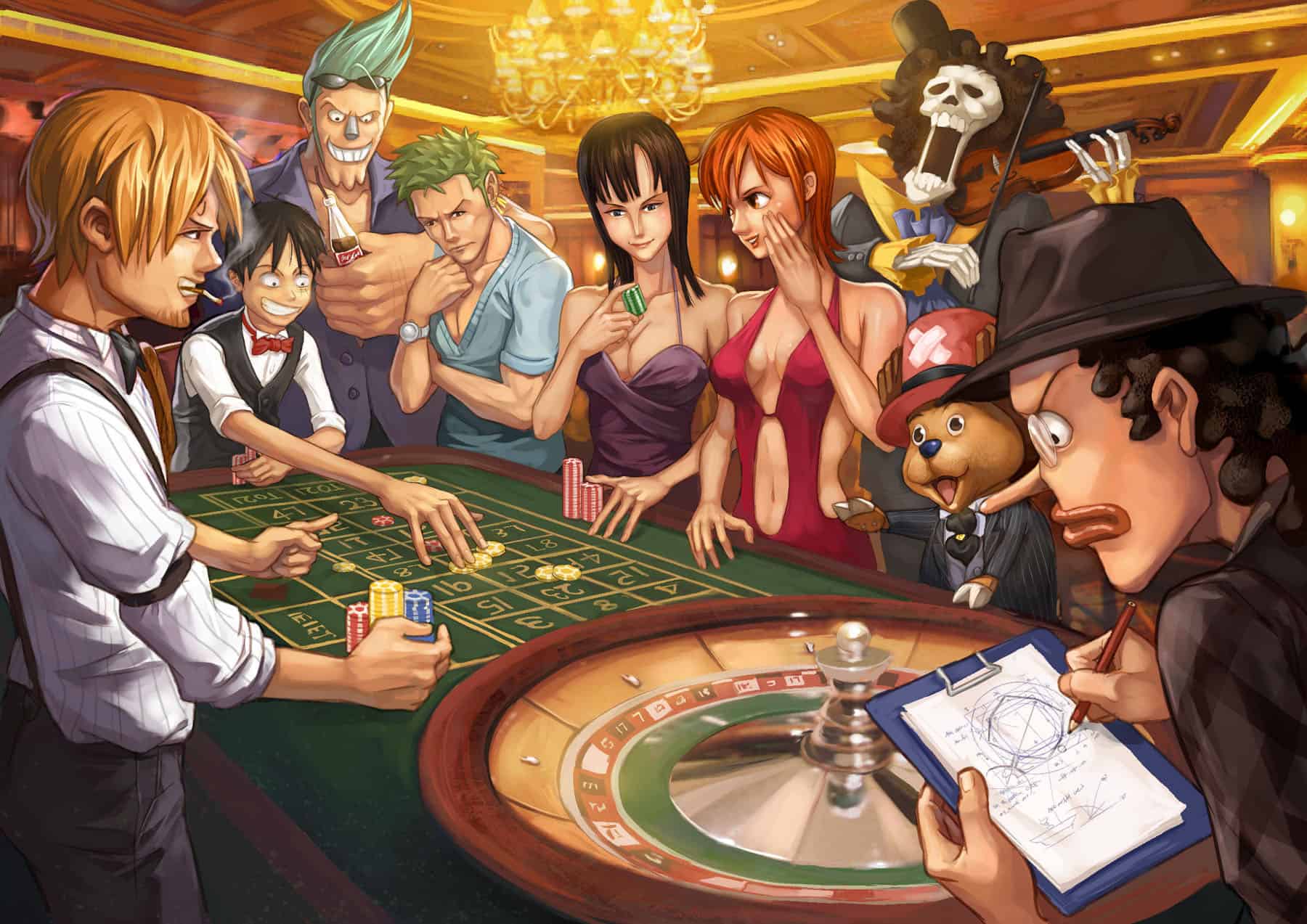
Anatomy of a Slot
10 Oct 2019
3
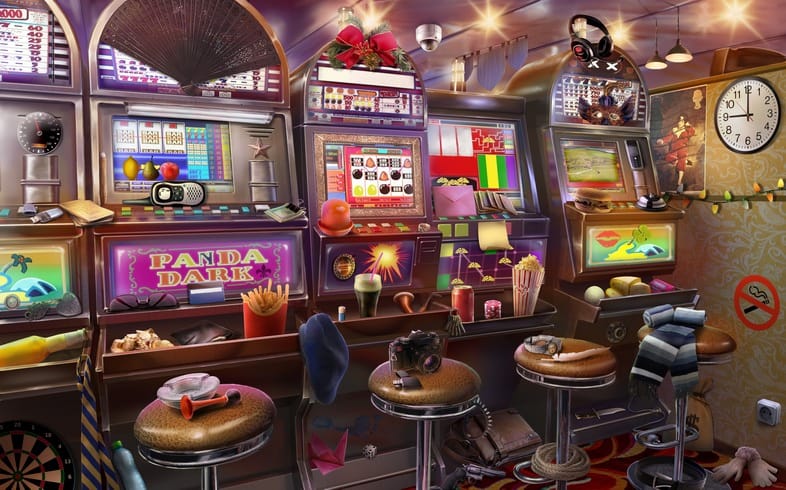
The best online slot games…. (Still in some cases)
10 Oct 2019
3
PGSI Result
10 Oct 2019
3
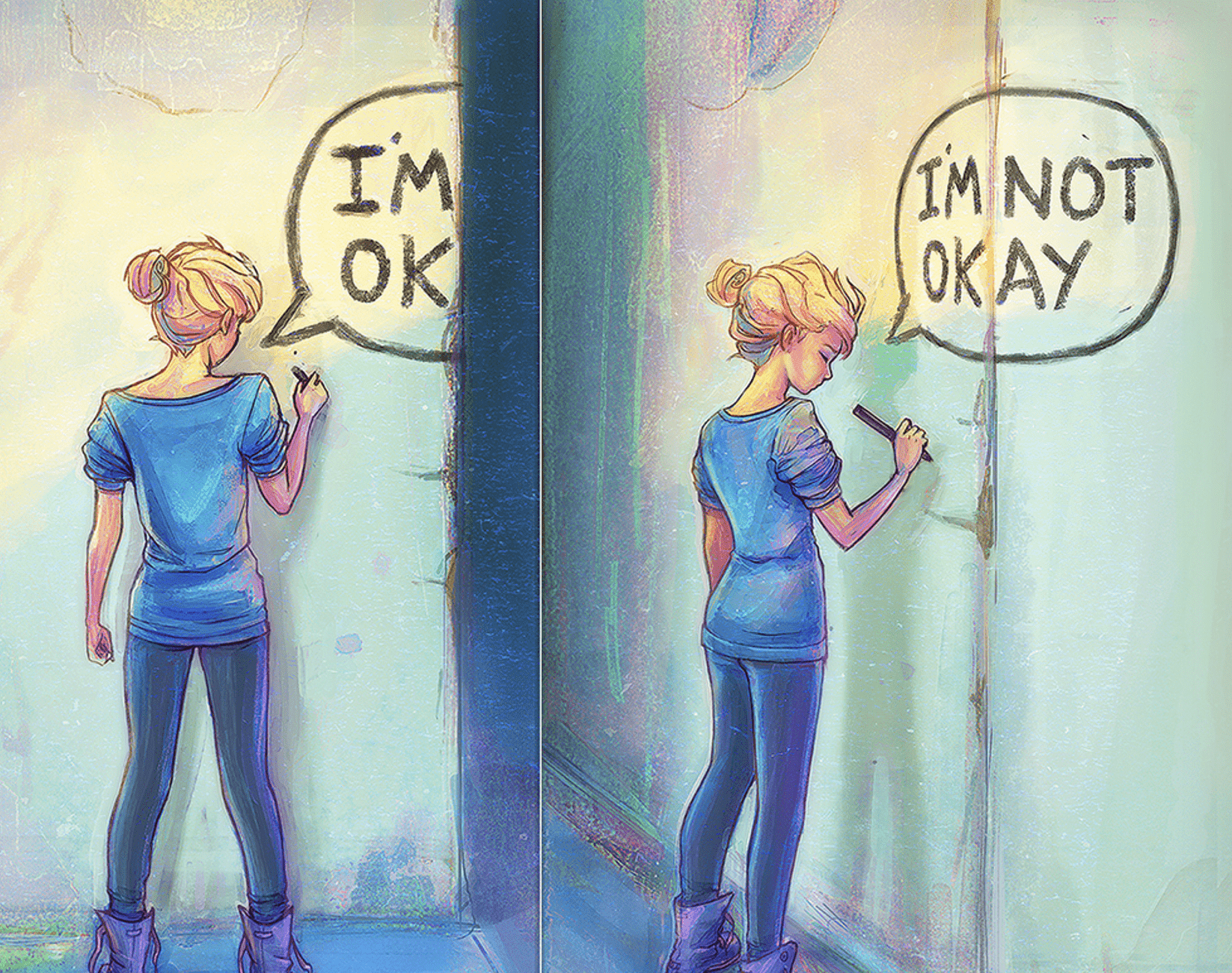
Are you staying safe whilst gambling?
10 Oct 2019
3
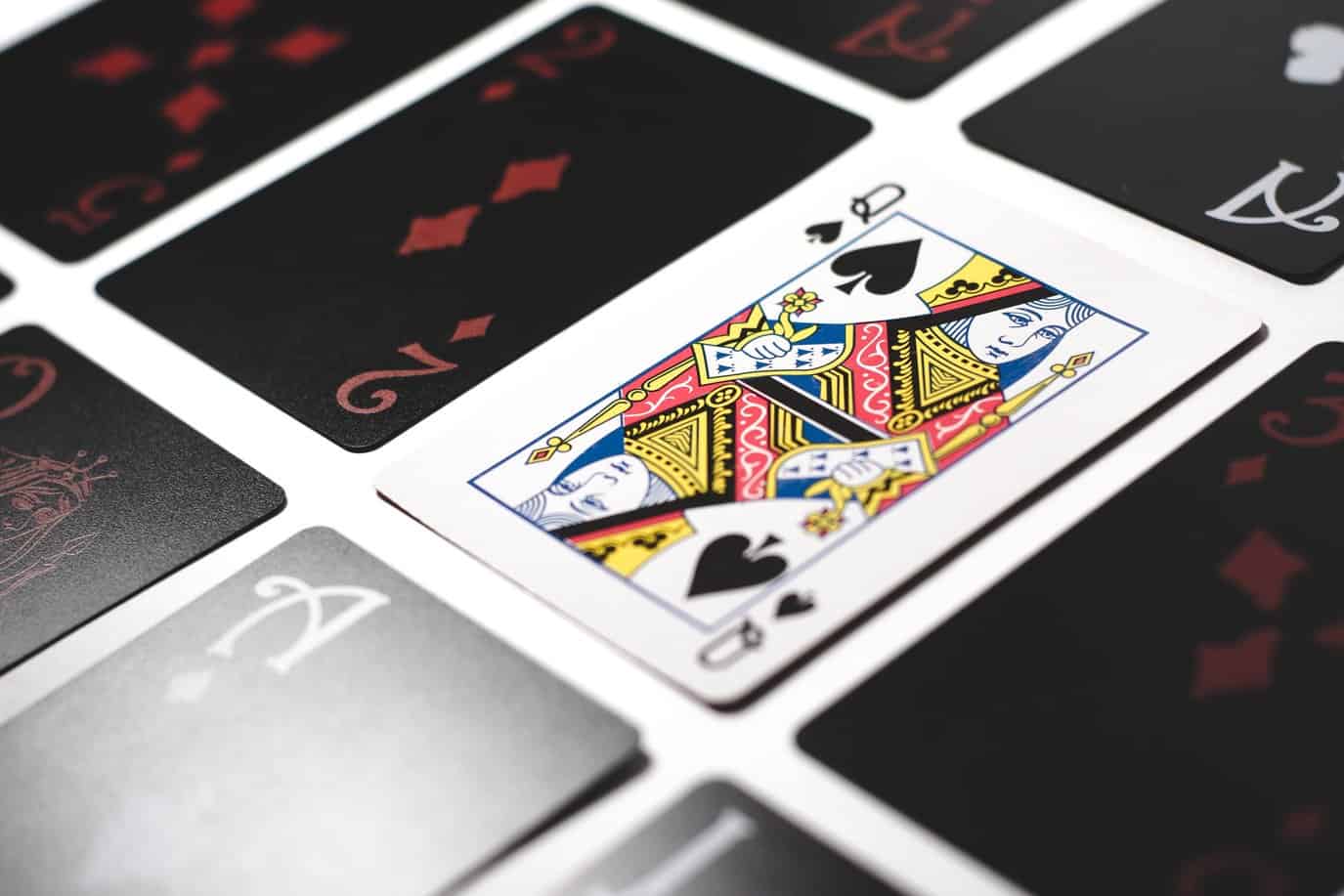
Table Games Explained
10 Oct 2019
3

Top O’Reels Slots
10 Oct 2019
3


